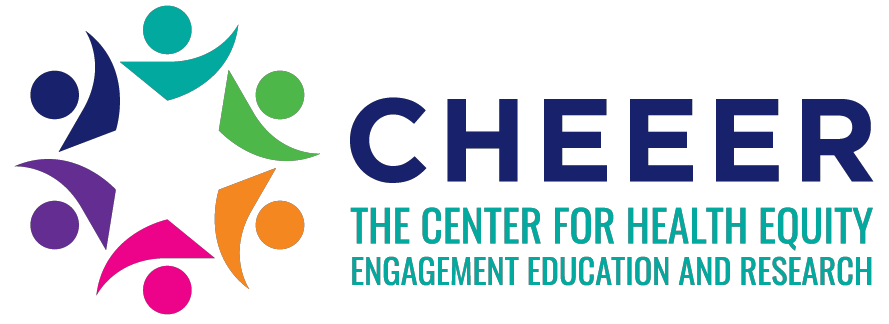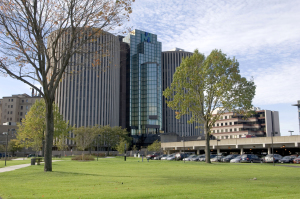Beginning in the late 1800s, it was a common belief that “night doctors” would snatch poor black people off the streets of Baltimore and conduct experiments on them. Is there any truth to this myth? Even if people were not being actually abducted, it’s quite clear that scientists have conducted experiments on unwitting vulnerable populations since the early 1900s. This included slaves, elderly cancer patients, prison inmates, even exhumed corpses.
The Immortal Life of Henrietta Lacks clearly illustrates the age-old debate of what should be done for the greater good. It was not until her death in 1951 that doctors asked permission to retrieve cancerous and normal cells from Henrietta’s body. A clear distinction was made in the book that consent was not required while alive, but mandatory upon death – What?!? More than 20 years after she died, Henrietta’s family learned about the extraordinary HeLa cells and how they were obtained at Johns Hopkins. Her family believes the cells were stolen – and Henrietta’s sons want to be compensated for this. Her daughter, Deborah, simply wants answers. Her perspective concurs with Skloot’s reporting that tissue “donors” are less concerned about personal profits than about making sure the knowledge that scientists gain by studying tissues is available to the public.
Many questions remain unanswered, not only in regard to the history of scientific research but how it continues today. Do modern day “night doctors” prey upon the vulnerable Medicare patients in nursing homes, the uninsured homeless, the average American? Are people aware they are subjects of an experiment? Who really benefits from these experiments? How are we to trust the scientific establishment when they have committed such atrocities as performing experiments on unknowing and/or unwilling human subjects?
Health care advocates have organized around the Patients’ Bill of Rights in recent years. Coinciding with this is a push toward Voice and Choice in health care decision making. It is vital that all people are educated about their rights as patients – including the possibility of being part of a research project. It is not until all people can be guaranteed access to the latest medical breakthroughs that health disparities can become a thing of the past. What price are we willing to pay to discover science?

